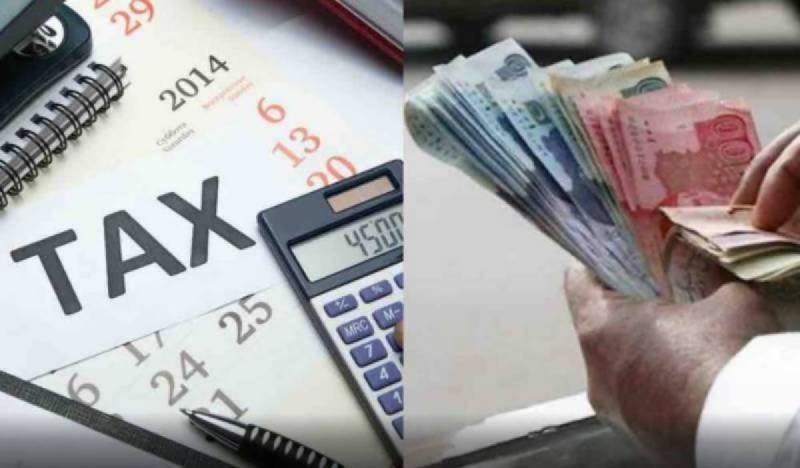Mohsin Siddiqui (Chief Reporter)
Pakistan’s salaried class emerged as a substantial contributor, paying a noteworthy Rs264.3 billion in income tax. This figure is nearly 200% higher than the combined tax contributions of the country’s exporters and minimally taxed retailers, as revealed by data compiled by the Federal Board of Revenue (FBR).
During the fiscal year 2022-23, salaried individuals accounted for the fourth-largest share in withholding taxes, trailing behind contractors, bank depositors, and importers. Although the FBR has not officially released the figures, the salaried class’s tax payment, subjected to rates of up to 35%, exceeded Rs75 billion, marking a 40% increase from the preceding year.
Despite facing heightened taxation and grappling with historical inflation levels, the salaried class endured additional tax increments in the latest budget, emphasizing the government’s strategy to boost tax collection. In contrast, around 5,000 retailers benefited from relaxed registration conditions.
The FBR’s tax collection from withholding taxes surpassed Rs2 trillion during the last fiscal year, constituting 61% of the total income tax generated in the previous year. However, concerns arise regarding the ease with which withholding taxes, especially from non-filers at double rates, have become a significant revenue source for the FBR.
Critics, including the Salaried Class Alliance, argue that targeting existing taxpayers while allowing the informal sector to thrive is detrimental. The majority of income tax collection came from contractors, savings account holders, importers, salaried individuals, electricity bills of non-filers, telephone & mobile phone users, and dividend income.
Contrastingly, exporters and retailers collectively paid Rs175 billion less tax than the salaried class, highlighting a stark imbalance in contributions. Exporters, earning $27.7 billion, paid Rs74 billion in taxes, representing a 17.4% increase from the previous year. Retailers, subject to a 0.5% advance tax on sales, contributed a mere Rs15.6 billion.
The International Monetary Fund (IMF) is also criticized for allegedly burdening the salaried class, which lacks representation in the corridors of power. Meanwhile, tax collection from contractors and service providers increased by 3% to Rs391 billion, making it the single largest income tax collection head.
In conclusion, the income tax landscape in Pakistan reflects a significant contrast in contributions from various income groups, raising questions about the fairness and sustainability of the current tax structure.




